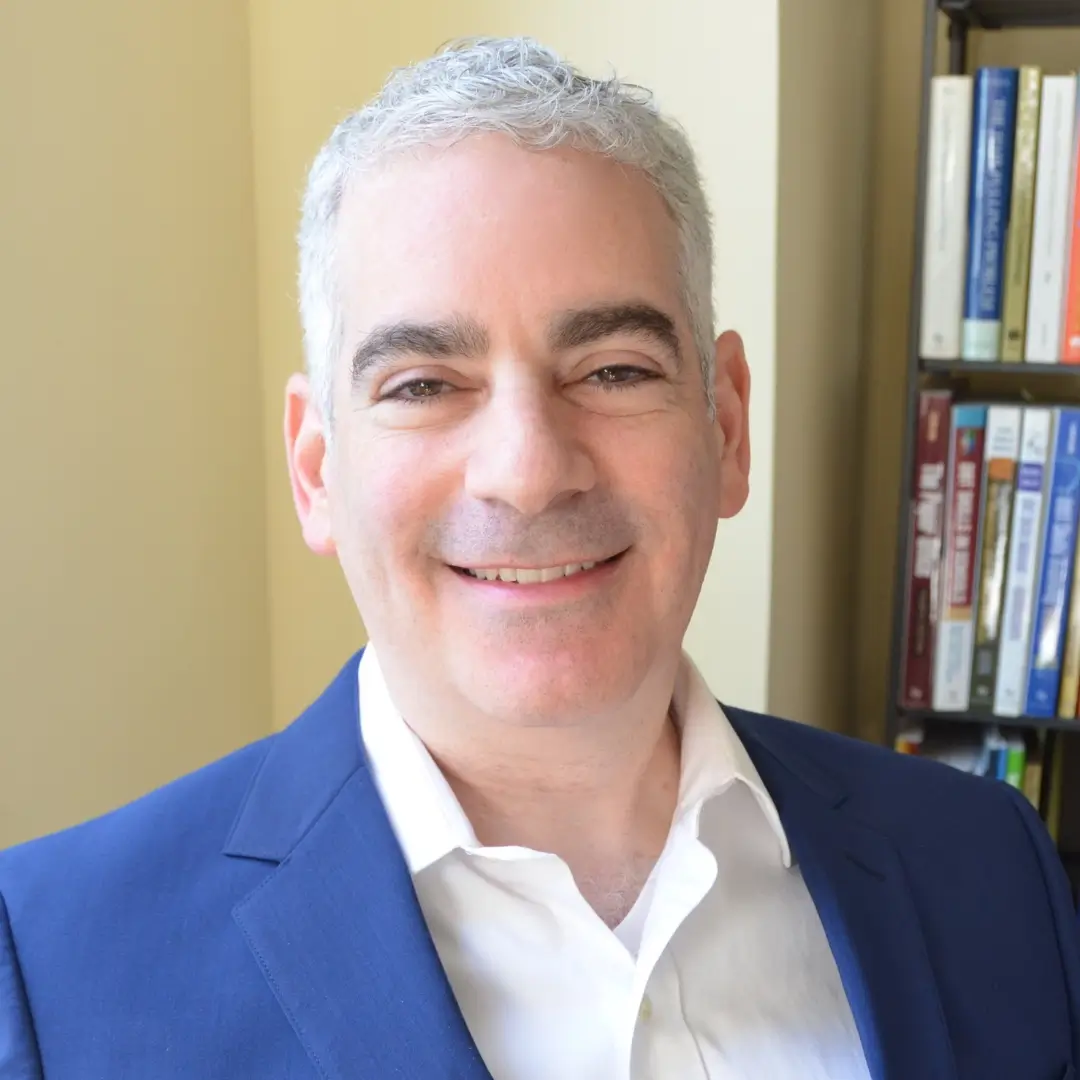One form of OCD that’s difficult to recognize is health OCD. If you or a loved one have been spending a lot of time researching medical conditions that might or might not be present, it might be time to seek help.
Understanding Health OCD
Do you have an intense, unwanted thoughts about getting a life-threatening illness? Do you obsess about seemingly minor symptoms, needing to spend hours searching online to try to manage your intrusive health-related thoughts? Are you often scanning your body searching for signs of a potential medical problem?
If this sounds like you, read on to learn about symptoms, treatment, and strategies to combat obsessions about your health.
Key Symptoms of Health OCD
Obsessive thoughts about health
Many people with health OCD experience intrusive, repetitive obsessive thoughts about their health. These thoughts may feel unwanted, are difficult to stop, and can take up several hours of your day.
Some common health OCD concerns include:
- Cancer
- Multiple Sclerosis (MS)
- Herpes
- HIV
- ALS (Lou Gehrig’s Disease)
- Brain tumors
This is not a complete list of health OCD concerns, of course, but these are some of the most common fears of people suffering from health OCD.

Compulsive behaviors related to health
Obsessive thoughts cause you distress. They can lead you to act in ways to relieve that distress. Although taking these actions might help you temporarily, they actually maintain your OCD symptoms in the long run.
Some common health OCD compulsions are:
- Repeatedly visiting the doctor
- “Hopping” from one doctor to another
- Seeking more and more testing for a health concern, even after obtaining conclusive testing
Scanning or examining your body for symptoms on a regular basis.
- Researching different illnesses online, often for extended period
- Repeatedly asking others for reassurance about your health
Successful treatment for health OCD, described below, will involve reductions in these compulsions.
Health OCD vs. Health Anxiety
Health OCD and health anxiety are overlapping but separate conditions.
Similarities and differences
Health anxiety and health OCD have some similar features:
People with both conditions are preoccupied with worry about their health or acquiring a new, serious health condition. Both conditions cause significant anxiety or fear that can impact your quality of life. They both also often lead to behaviors that take up significant time each day. These behaviors are an effort to decrease emotional distress or to eliminate uncertainty about health.
Differences between health anxiety and health OCD:
Your thoughts or behaviors might feel more systematic or repetitive if you have health OCD. The steps that people with health OCD will take to manage anxiety feel more urgent and more essential than they would for someone with health anxiety. These actions might also feel less controllable than they would in health anxiety.
Someone with health anxiety may worry a lot about possible future health problems, and these worries may affect choices they make. For example, they may avoid doctors — or see doctors more often than necessary. Someone with health anxiety might spend significant time thinking about future health problems they (or their loved ones) might have. Their health worries may color their outlook on life, but would not typically lead them to spend significant time each day investigating their current health status.
Common Obsessions in Health OCD
Fear of illness and disease
Obsessions about having a serious illness or disease are a common in health OCD. You may fear that you might develop an illness, like cancer, or contract a disease.
Preoccupation with medical information
You might have obsessions about obtaining all the information possible on a certain condition or diagnosis. This might lead you to constantly think about what you know about an illness, trying to determine whether you may have developed it, and which medical tests would diagnose the issue.
Catastrophic thinking
In health OCD, your mind often jumps to the worst-case scenario. You might interpret a small sensation as a sign of a more serious illness. You might assume that a gurgle in your belly from digesting today’s lunch is actually a sign that you have stomach cancer. This could lead you to think obsessively about other potential signs of stomach cancer.
Common Compulsions in Health OCD
Repeated health checks
Repeated checking or scanning of your body for unpleasant sensations or symptoms is common in health OCD. This might involve paying close attention to different parts of your body in a search for symptoms of a serious illness. Or, you might ritualistically scan your body each morning or evening looking for symptoms that might indicate a serious illness.
Seeking reassurance
Reassurance seeking is a common compulsion in many types of OCD, including health OCD. You may find yourself repeatedly asking others to assure you that you are not sick, or that an unpleasant sensation isn’t something more serious. You might also seek reassurance from medical professionals by making multiple medical appointments, even after you’ve been given conclusive information. Instead of asking others, you might reassure yourself through repeating certain phrases or facts that decrease your anxiety about your health.
Excessive researching
Another common compulsion is excessively researching certain illnesses to determine whether you do (or could) have it. You might spend hours on the internet looking up different symptoms, searching through online support group threads, or reading through medical journals to learn about symptoms of serious illnesses and determining whether you might have one.
Effective Treatment Options for Health OCD
Cognitive-behavioral therapy (CBT)
CBT is the gold-standard treatment for OCD. The type of CBT that’s most effective for OCD is called Exposure and Response Prevention (ERP). This is a type of therapy where you work to gradually become more comfortable with obsessive thoughts or impulses. In ERP you also practice resisting the urge to perform a compulsion.
So, for example, in ERP you might be asked to think “my exhaustion is a sign of cancer” (if this is a recurring intrusive thought of yours). You might then be asked to resist the urge to seek reassurance from others or the urge to check your body for signs of tumors. Doing this repeatedly and with the guidance of an ERP therapist can have the effect of reducing OCD symptoms over time.

Medication options
Some medications can be prescribed for OCD to help you manage symptoms or to help therapy be more effective. For example, selective serotonin reuptake inhibitors (SSRIs) are often prescribed to treat OCD. Other types of medications can be used as well.
Strategies for Managing Health OCD
Resisting compulsions
Many people with health OCD recognize that repeated calls to the doctor, googling symptoms, or reassurance-seeking actually worsens their condition. They recognize that the more they’re able to resist the temptation to engage in any such compulsive behaviors, the better their health OCD gets. When possible, limiting the number of compulsions will usually help.
Mindfulness techniques
Mindfulness can help you let go of your obsessive thoughts. By practicing mindfulness, you can improve your ability to let your thoughts just be thoughts, rather than automatically attaching meaning or truth to them.
Guided meditations are a great way to practice mindfulness. Here is a guided meditation for OCD to help you become less attached to OCD thoughts.
Another way to practice mindfulness is to become aware of your breath. For a few minutes, close your eyes and pay attention to your inhaling and exhaling. When you notice your mind wander, accept that it has and return your focus to your breath.
Getting Help for Health OCD
Living with health OCD can be challenging. But there are ways to find relief from your obsessions and compulsions. If you are experiencing symptoms of health OCD that make it hard for you to live your life, you might benefit from professional help. Please reach out to us at Manhattan Center for Cognitive Behavioral Therapy to learn about getting help today.










